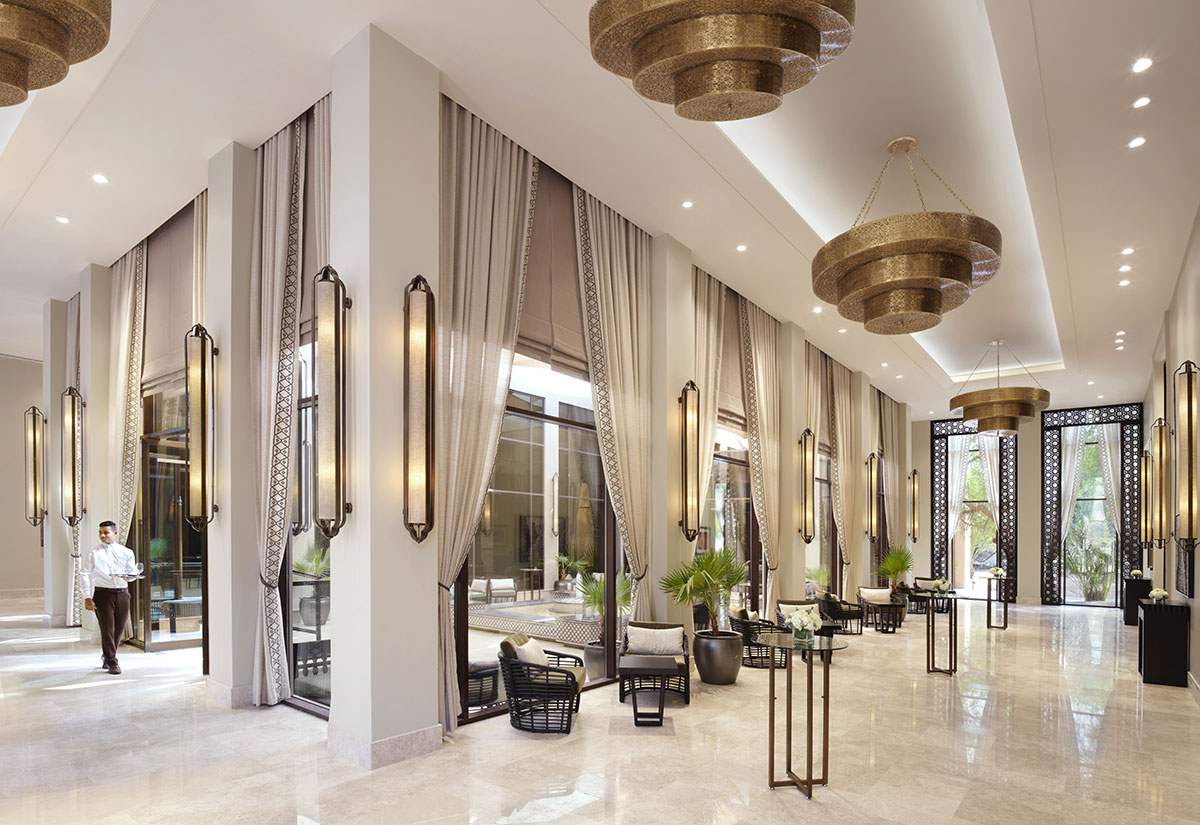According to Moulin from The Ritz-Carlton RAK, data analysis is the most efficient way to improve and offer curated experiences. “By analysing information from a guest stay, for example, preferences, consumption, likes, dislikes, and even hobbies give the hotels the opportunities to adjust menus, create unique events and offer bespoke experiences based on the data insights,” he says.
One type of technology that, according to Aksoy, is helping to boost revenues is cold air diffusion systems. Within our group the way we are connected to business as a hygiene solution supplier company is that we make guests feel safe and at home. It is about experience, “he says.
Aksoy explains how that guests expectations that their room will be clean is a given. “Guests still use their senses, such as smell, to check the room's level of cleanliness. So, we realised we should go into fragrances to boost the customer’s perception of cleanliness.”
Scent diffuser machines adopts cold two-fluid atomisation technology, whereby the high-speed collision of cold air hits aroma oil into nanoscale mist. The machine sprays the mist out of the atomizer, and the scent flows through the air.
Aksoy explains how the fragrances can create experiences, and how it can be benchmarked for a brand so such a smell is recognised by customers or guests and related to the brand.
“Think about how many guests sit in a hotel lobby talking for hours without buying any food or beverage. But use a scent diffuser that sends out an aroma of coffee and then the guest is thinking ‘I want coffee and doughnuts,’” he says.
“This is how Baskin Robbins increased their revenues by 16% in the United States,” he adds.
Chameleon explains how the hospitality industry is known as a highly customer-centered business and accumulates large amounts of customer data from central reservation systems (CRS), property management system (PMS), point-of-sale (POS), and guest loyalty program databases.
“Therefore, data mining application can play a huge role in the hospitality industry by assisting managers formulate marketing strategies, enhance guest experiences, increase retention and loyalty and ultimately, maximize profits,” he says.
Data mining and analytics – techniques for exploration and analysis of large quantities of data in order to discover meaningful patterns, trends and rules – helps hotels sift through massive data sets for meaningful relationships, where they can anticipate, rather than simply react to, customer needs. "However, simply investing in data-mining technology may not guarantee success," says Chamelon.
Moulin agrees that data analysis is the most efficient way to improve and offer curated experiences. "By analyzing information from the guest stay, for example, preferences, consumption, likes, dislikes, and even hobbies give the hotels the opportunities to adjust menus, create unique events and offer bespoke experiences based on the data insights.," he says.
He also points out how data analysis also helps to improve service and quality by analyzing issues that might happen and that could be prevented from happening to future guests.
Moulin recognises that the key for driving business is technology, which he says is constantly changing, "Hoteliers need to keep in mind that the future of search is the voice," he says.
"Within the next couple of years, 50% of global online searching is going to be voice search with tools such as mobile phones, in-home devices like Google Assistant and Amazon Echo."

| Advertisement |





